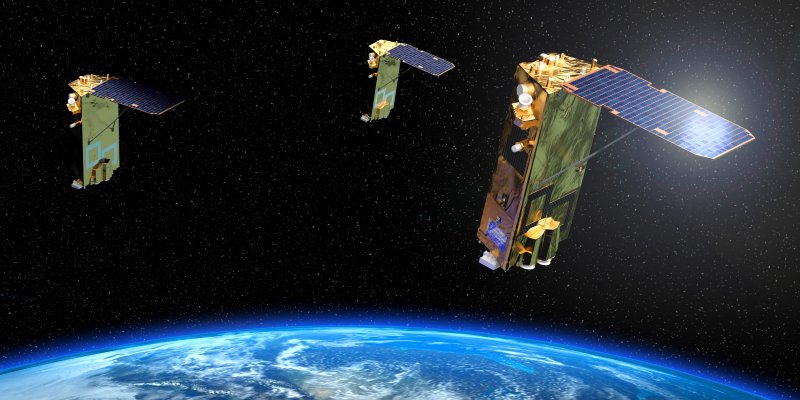A new World Economic Forum report shows how the global space economy could tackle many of the world’s most pressing industry and societal challenges. The new research predicts that the sector’s valuation could surge up to $1.8 trillion by 2035 and roughly rival the size and reach of the global semiconductor industry – with space technologies expected to become as ubiquitous to everyday life as semiconductors are today.
The growth will largely be due to space-based and -enabled technologies, such as communications positioning, navigation and timing, and Earth observation services.
The report – Space: The $1.8 Trillion Opportunity for Global Economic Growth – developed in partnership with McKinsey & Company, finds that in an increasingly connected and mobile world, the space economy’s impact will expand far beyond space itself, becoming more about connecting people and goods. While space activities, such as space infrastructure and satellites, launch and exploration, are predicted to also increase significantly, relative to their levels today, this will be at a slower pace than space-enabled technologies and business on Earth.
The report finds that all industries can be both drivers and beneficiaries of the growth and diversification of the space industry by contributing to three key goals – harmonization, accessibility and usability, and awareness and education. Intensified collaboration between diverse stakeholders from the public and private sectors will be key to unlocking and maximizing the industry’s exponential potential for years to come.
“Space technologies are delivering greater value to a more diverse set of stakeholders than ever before, including in industries as varied as food and beverage, retail, consumer goods and lifestyle, supply chain and transportation, and even climate disaster mitigation,” said Sebastian Buckup, Member of the Executive Committee, World Economic Forum. “As costs reduce and accessibility rises, these technologies could reshape whole industries, and have as much impact on business and society as smartphones or cloud computing.”
“Businesses in a growing variety of sectors, such as agriculture, construction, insurance, climate change mitigation, can and will all be drivers of the new and expanding space economy,” said Ryan Brukardt, Senior Partner, McKinsey & Company. “By understanding and embracing the full potential of space, public and private industry players can position themselves as leaders in the space economy, unlocking long-term benefits.”

